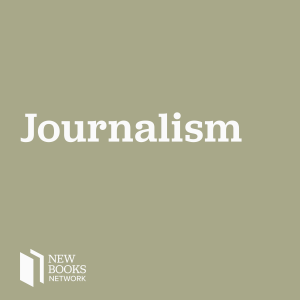
Andie Tucher, "Not Exactly Lying: Fake News and Fake Journalism in American History" (Columbia UP, 2022)
 2022-06-13
2022-06-13
Long before the current preoccupation with “fake news,” American newspapers routinely ran stories that were not quite, strictly speaking, true. Today, a firm boundary between fact and fakery is a hallmark of journalistic practice, yet for many readers and publishers across more than three centuries, this distinction has seemed slippery or even irrelevant. We see this play in pink slime local news sites and in the proliferation of truthers claiming to do their own research because of a deep distrust in the mainstream media.
In Not Exactly Lying: Fake News and Fake Journalism in American History (Columbia UP, 2022) Tucher argues that the creation of outward forms of factuality unleashed new opportunities for falsehood: News doesn’t have to be true as long as it looks true. Propaganda, disinformation, and advocacy—whether in print, on the radio, on television, or online—could be crafted to resemble the real thing. Dressed up in legitimate journalistic conventions, this “fake journalism” became inextricably bound up with right-wing politics, to the point where it has become an essential driver of political polarization.
In the book and in this conversation, Tucher explores how American audiences have argued over what’s real and what’s not—and why that matters for democracy.
Andie Tucher the H. Gordon Garbedian Professor and the director of the Communications Ph.D. Program at the Columbia Journalism School.
Jenna Spinelle is a journalism instructor at Penn State's Donald P. Bellisario College of Communications. She's also the communications specialist for the university's McCourtney Institute for Democracy, where she hosts and produces the Democracy Works podcast.
Learn more about your ad choices. Visit megaphone.fm/adchoices
Support our show by becoming a premium member! https://newbooksnetwork.supportingcast.fm/journalism
More Episodes
Create your
podcast in
minutes
- Full-featured podcast site
- Unlimited storage and bandwidth
- Comprehensive podcast stats
- Distribute to Apple Podcasts, Spotify, and more
- Make money with your podcast
It is Free
- Privacy Policy
- Cookie Policy
- Terms of Use
- Consent Preferences
- Copyright © 2015-2024 Podbean.com





